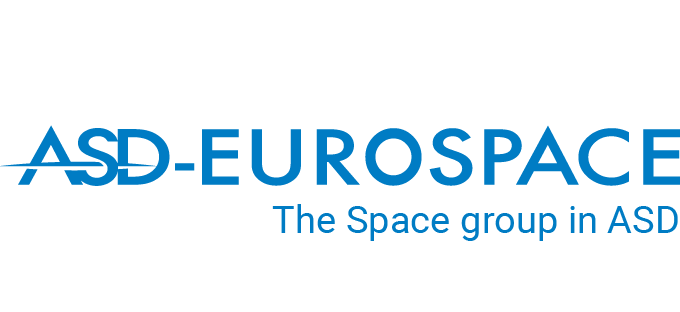Post-2020 EU budget: the European Commission confirms its level of ambitions in space
The European Commission published on 2nd May its proposal of post-2020 multiannual financial framework (MFF), which will now have to be discussed by the Member States and submitted for vote to the European Parliament.
For Jean-Loic Galle, President of Eurospace: “in an increasingly uncertain geopolitical environment, investing in space for the economic development and the security of Europe and securing independent access to space, must remain one of the major institutional priorities to preserve Europe’s leadership, competitiveness, sustainability and autonomy. This becomes of major importance in a context where traditional space powers remain very active, where the competitiveness of the European space sector being increasingly challenged by new players, disruptive industrial organizations and business models frequently supported by national institutional entities”.
From this standpoint, the European space industry is welcoming positively the Commission’s budget proposal allocated to space policy, i.e € 16b (current economic conditions): Indeed, as Jean-Loic Galle reminds, “the elaboration phase of the next MFF constitutes a unique momentum to turn the 2016 Space strategy for Europe’s collective orientations in ambitious space programmes and appropriate political narrative”.
Ensuring the sustainability and evolution of current EU flagship programmes EGNOS, Galileo and Copernicus, supporting the implementation of new operational programmes such as GOVSATCOM for secured communications or “Space Surveillance and Tracking”, autonomous access to space through the aggregation of European institutional launch services, support to European launch-related infrastructure and facilities, more ambitious as well as efficient support to R&D and innovation: all these ambitions shall be the backbone of a forward-looking EU space policy, and the budgetary proposal of the Commission allows to move forward in this direction”, Mr Galle points out.
The European space industry will be also paying a specific attention, in the next few weeks, to the amount of budget allocated to space technology development within the future EU framework programme for R&D (“Horizon Europe”, that will be succeeding to Horizon 2020): considering the specificities of the space sector, the extensive and continuous effort dedicated to space R&T by other space powers, the USA in particular, and the relatively limited level of funding available in Europe, the President of Eurospace emphasizes that“ an earmarked budget of € 3b should now be a minimum target if the Union wants to foster a globally competitive and innovative European space industry, able to design, produce and deliver state-of-the-art space systems on a ten-year timescale”.
In the current context of transition towards a data-driven society, space systems are, more than ever, an indispensable enabler to support the successful implementation of numerous public policies (climate change action, common agriculture policy, maritime policy, transports infrastructures management, defence and external action, border surveillance), the completion of the digital single market (deployment of 5G, bridging the digital divide in rural areas) via synergies with new “European strategic investments”, and to contribute to a smart, green and inclusive economic growth.
The EU investments in space have never had such a strong and concrete impact on EU citizens’ daily life improvements, throughout all EU territories and Jean-Loic Galle hopes “that the European Parliament and Member States will be fully supportive of this ambitious Commission’s proposal: it is certainly not the time to ease up Europe’s efforts in space”.
A PDF version of the press release is available here.
European Commission proposal on next MFF is available here.
